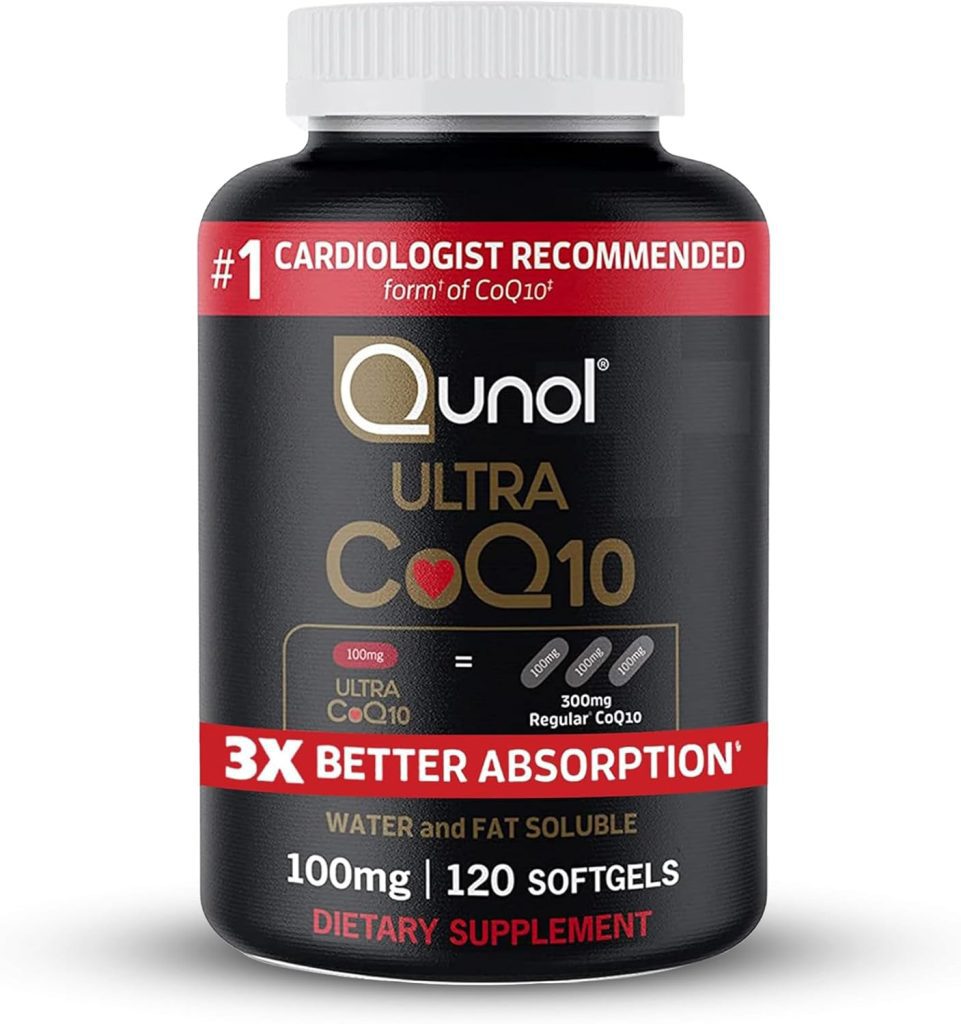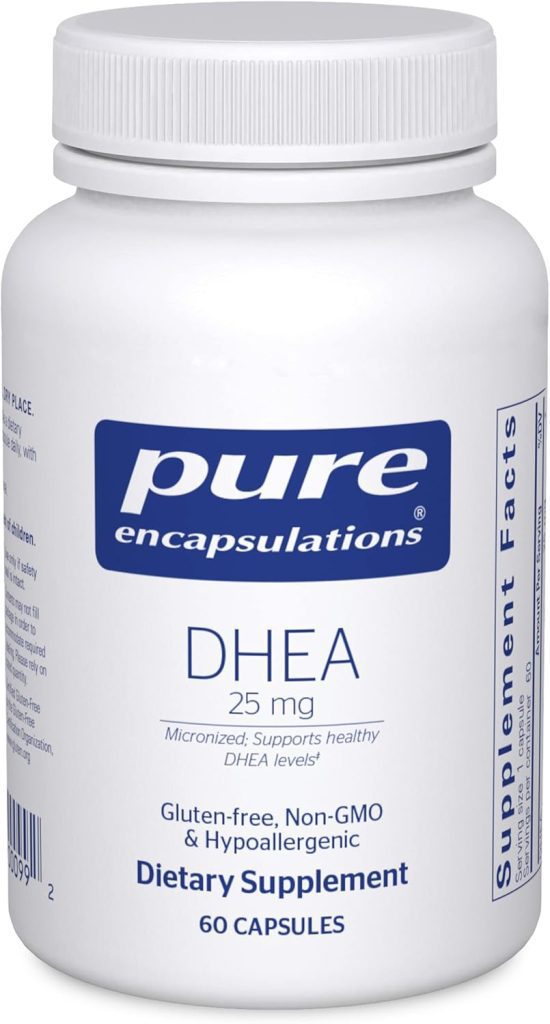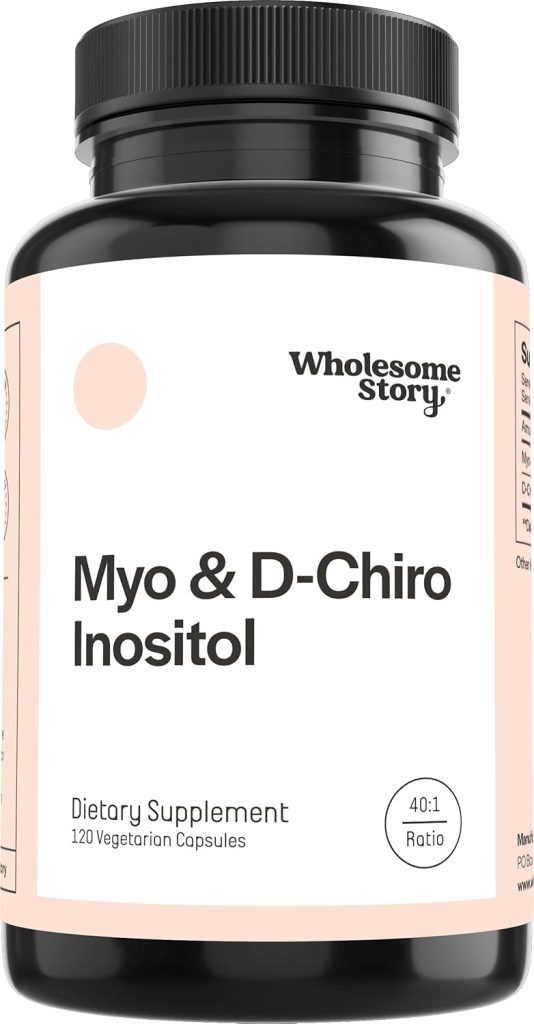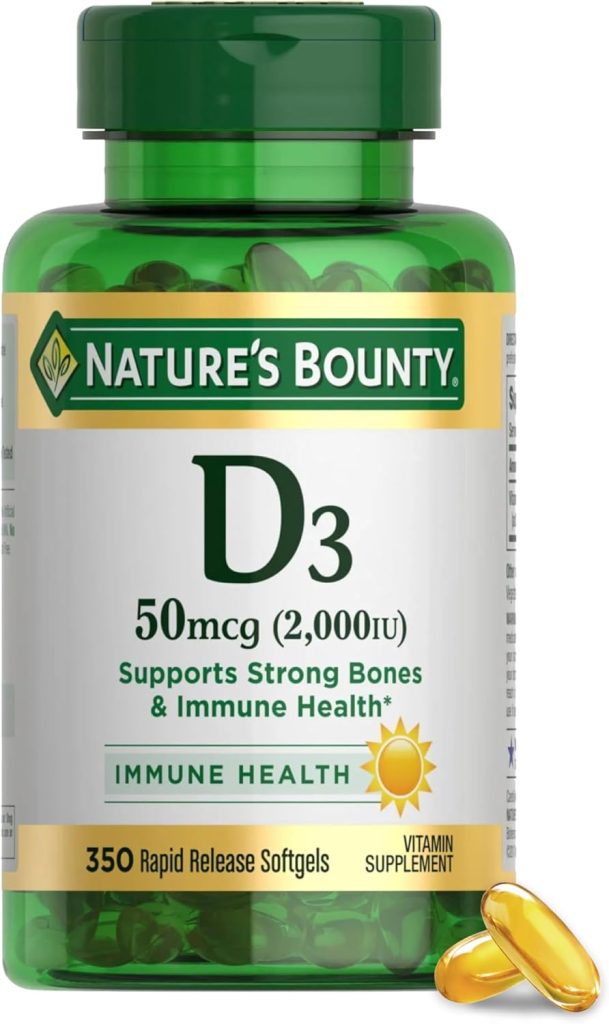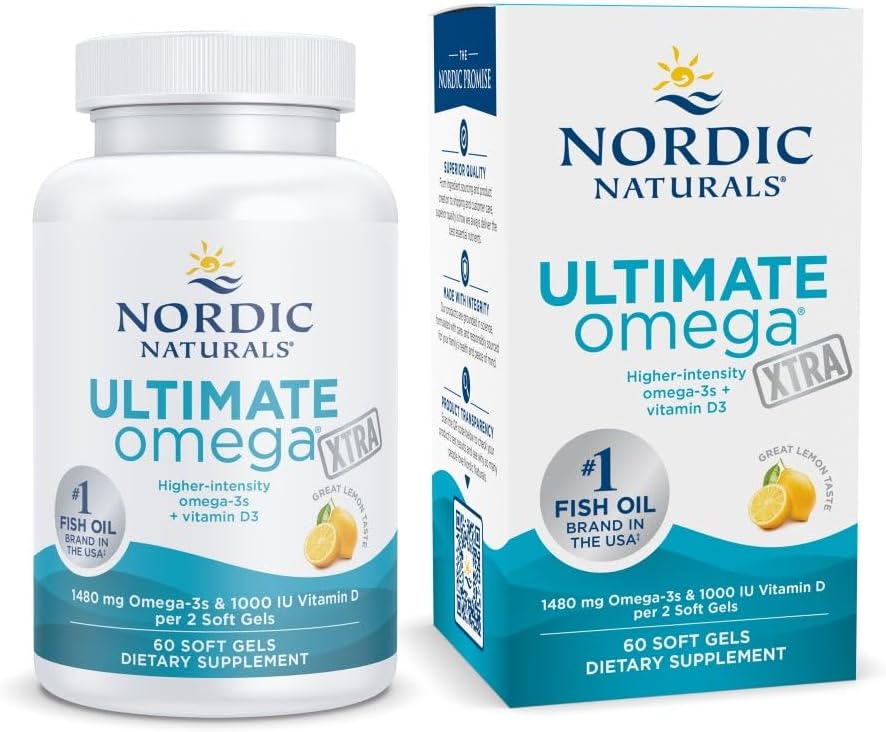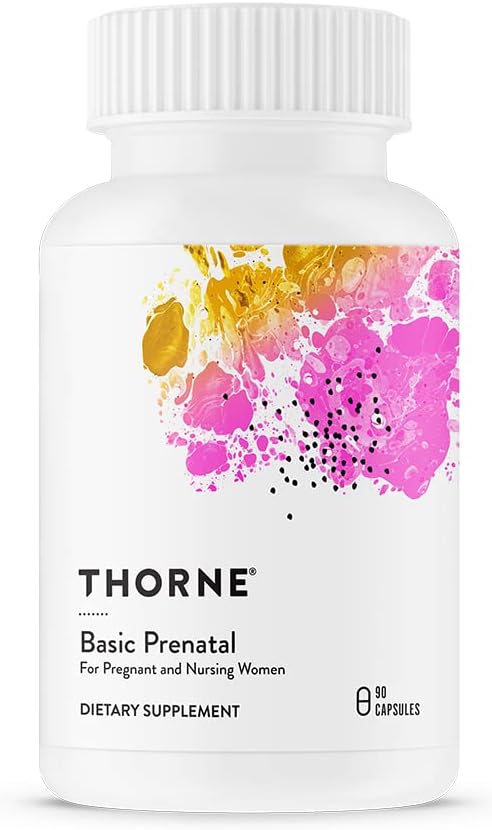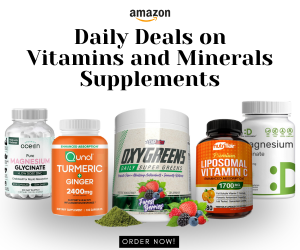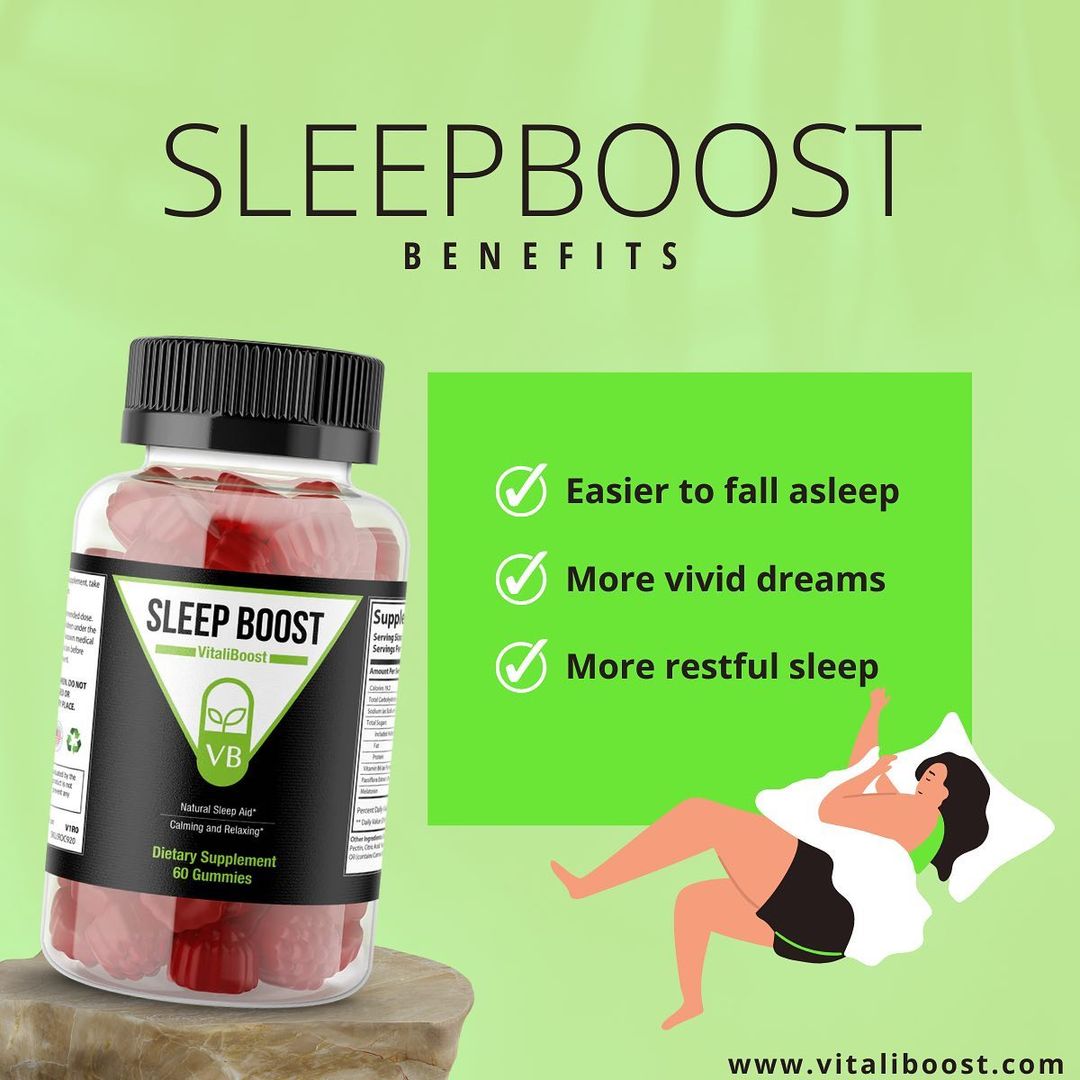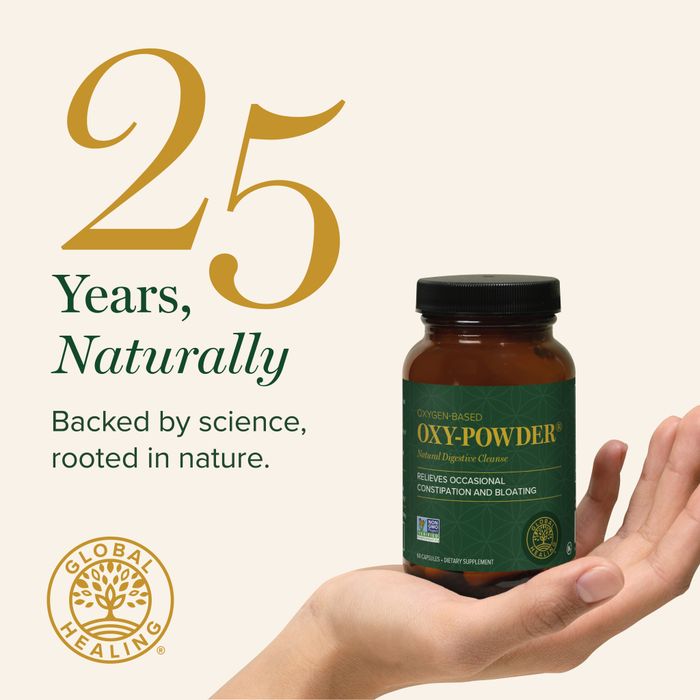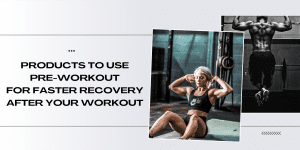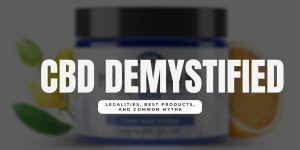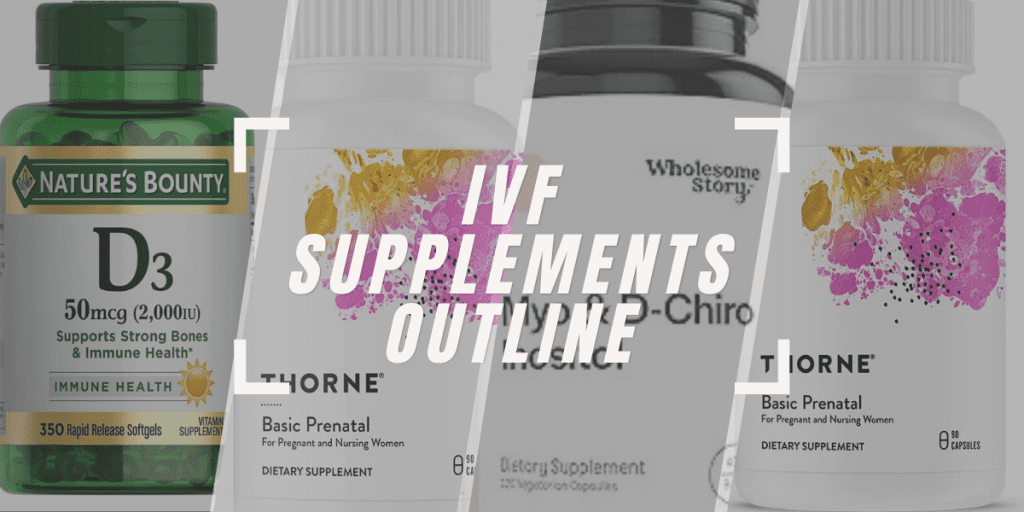
Infertility affects up to one in eight couples, yet so many people still don’t talk about it. Many couples experiencing infertility ultimately end up pursuing help from assisted reproductive technology, such as in vitro fertilization (IVF).
Beyond the emotional roller-coaster, the IVF journey is a major physical and financial commitment, so it’s natural to ask what else you can do to tilt the odds in your favor. Research shows that targeted, evidence-based supplements can help support egg quality, hormone balance, and overall reproductive health. Below is a concise guide to infertility basics, IVF mechanics, and the best-studied fertility supplements.
What is Infertility?
According to the World Health Organization, infertility is defined as the inability to conceive after 12 months of regular, unprotected sex. It affects both men and women, and it can be classified as:
- Primary infertility: When someone has never been pregnant.
- Secondary infertility: Difficulty conceiving after having had one or more pregnancies.
There are many causes of infertility, but some of the most common reasons include age, PCOS, endometriosis, low sperm count, and even unexplained infertility, which accounts for nearly 1 in 4 cases.
What is IVF and How Does It Work?
In short, IVF is a process where a woman’s eggs are retrieved from the ovaries, fertilized in a lab with sperm, and then transferred into the uterus. The steps typically include:
- Ovulation stimulation: Hormone injections are used to stimulate the ovaries to produce multiple mature eggs. Normally, you only have one mature egg per month, but with IVF, they try to mature as many as possible.
- Egg retrieval: A minor surgical procedure is performed to collect the mature eggs from the ovaries.
- Fertilization: The retrieved eggs are combined with sperm in a lab to create embryos.
- Embryo culture: The fertilized eggs are monitored in a lab for several days as they develop into embryos.
- Embryo transfer: A selected embryo is placed into the uterus in hopes of achieving implantation and pregnancy.
IVF success rates vary by age, with the highest success in women under 35. For women over 35, especially over 40, egg quality becomes a primary concern.
Why Egg Quality Matters for IVF
While quantity refers to how many eggs you have, quality refers to how healthy those eggs are. High-quality eggs are more likely to fertilize, develop into healthy embryos, and result in a successful pregnancy. Signs of poor egg quality may include a low number of mature eggs retrieved during IVF, poor fertilization rates, slow or abnormal embryo development, or recurrent failed embryo transfers.
Egg quality becomes even more important in cases of male factor infertility, as a strong, healthy egg has the ability to help repair DNA damage present in the sperm. Age is the most significant factor influencing egg quality, but diet, lifestyle habits, and targeted supplementation may help support this area naturally.
Top Fertility Supplements to Support IVF
CoQ10
CoQ10 is one of the most well-researched and widely recommended supplements for supporting egg quality. CoQ10 is an antioxidant that plays a role in energy production within cells, including the mitochondria of eggs. It also helps neutralize free radicals, reducing oxidative stress and inflammation that can impair egg development.
Research suggests that ubiquinol, the more bioavailable active form of CoQ10, may be especially beneficial for improving egg quality in women over 35. One of the most widely recommended CoQ10 supplements out there is Qunol Ultra.
DHEA
Dehydroepiandrosterone (DHEA) is a hormone precursor that may help improve ovarian response. This meta-analysis found that DHEA supplements, ranging from 25–75 mg per day, were shown to improve follicle count and possibly increase live-birth rates in women with low AMH or diminished ovarian reserve. Pure Encapsulations DHEA supplement is a highly rated option.
Myo-Inositol
Myo-inositol is especially beneficial for women with polycystic ovary syndrome (PCOS)—a condition often linked to irregular cycles, infrequent ovulation, and insulin resistance. Research shows that myo-inositol can help regulate menstrual cycles, improve insulin sensitivity, and support more consistent ovulation. Clinical trials have reported higher ovulation and pregnancy rates in women with PCOS who supplemented with myo-inositol. Wholesome Story’s Myo-Inositol & D-Chiro Inositol blend is one of the most trusted and widely used options for women aiming to naturally support their fertility.
Vitamin D
Vitamin D plays a critical role in overall health—and it’s especially important when it comes to fertility. It supports ovarian function, helps regulate reproductive hormones, and enhances endometrial receptivity, which is crucial for implantation. Studies have demonstrated that low vitamin D levels are associated with an increased risk of miscarriages and menstrual cycle irregularities. Nature’s Bounty Vitamin D3 is a highly rated, affordable option that can help support your fertility and overall wellness.
Omega-3 Fatty Acids (EPA/DHA)
Inflammation is one of the biggest barriers to IVF. If inflammation is present in your uterus at the time of embryo transfer, or high levels of inflammation are affecting your egg quality, it can take a real toll on success outcomes. This is where omega-3 fatty acids come in. Omega-3s, particularly EPA and DHA, are extremely important for reducing inflammation and supporting healthy egg development. This meta-analysis links higher intake to better fertilization and pregnancy rates. Nordic Naturals Ultimate Omega is one of the most popular and credible fish oil supplements out there.
Prenatal Vitamins
Every woman of reproductive age should be taking a high-quality prenatal vitamin. Prenatal vitamins cover all your baseline micronutrient needs, as well as support early embryo development. But the most critical component of any prenatal vitamin is folate. Many brands use folic acid in their formulas, which is the synthetic form of folate. However, many individuals have trouble converting folic acid to its active form. So, you should look for a supplement that contains methylated folate, such as Thorne’s Basic Prenatal Vitamin.
Fertility Lifestyle Changes That Also Support Egg Quality
Lifestyle factors can also help improve egg quality naturally. Let’s take a look at some of the top things to keep in mind:
- Mediterranean-style diet rich in olive oil, fatty fish, veggies, and whole grains.
- Sleep 7–9 hours per night. Melatonin production is vital for ovarian function.
- Stress management is key. Consider yoga, meditation, cognitive behavioral therapy, or acupuncture,
- Reduce endocrine disruptors: avoid BPA plastics, excess alcohol, smoking, and high-pesticide produce.
Final Thoughts
Supplements aren’t magic, but multiple studies suggest they can meaningfully enhance egg quality and IVF outcomes when paired with healthy lifestyle habits. Empower yourself with evidence, stay consistent, and speak with your reproductive endocrinologist before starting any supplement regimen.
FAQS
How long does it take for supplements to improve egg quality?
It takes about 90 days for an egg to fully mature, so start your supplement routine at least 3 months before IVF for optimal impact.
How does age affect egg quality?
As women age, the number of genetically normal eggs decreases. Egg mitochondria start to accumulate DNA damage, and chromosomal errors rise. That’s why live-birth rates fall sharply after 35—even when egg count seems adequate. This makes egg quality more important in IVF success, especially after 35.
Should I take supplements without talking to a doctor?
No—always check with your reproductive endocrinologist before starting supplements, especially if you’re on medications or undergoing treatment. Some supplements may not be appropriate for everyone.
This post contains affiliate links and we may be compensated if you make a purchase after clicking on the links.


